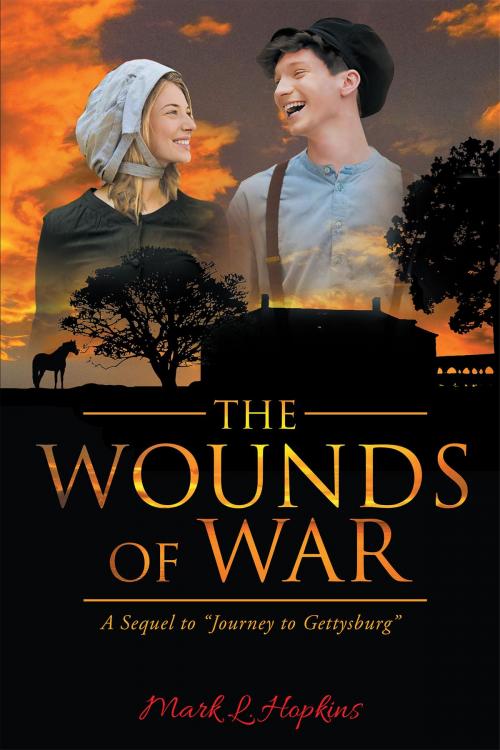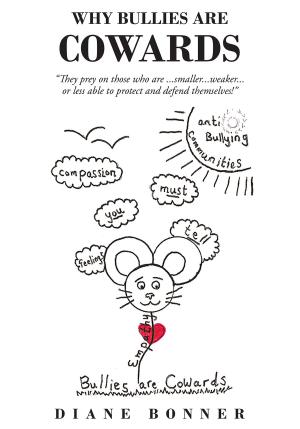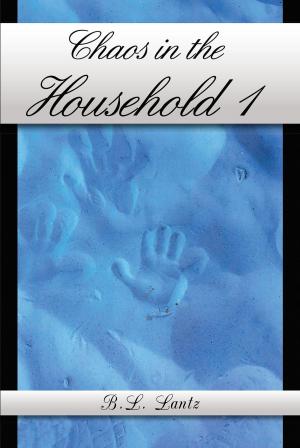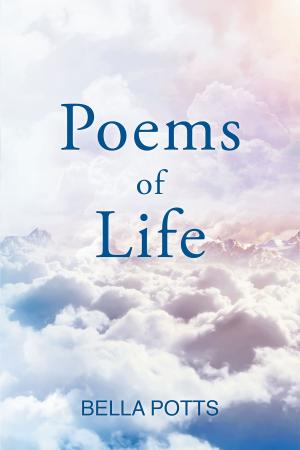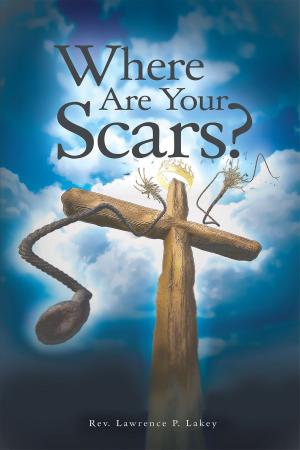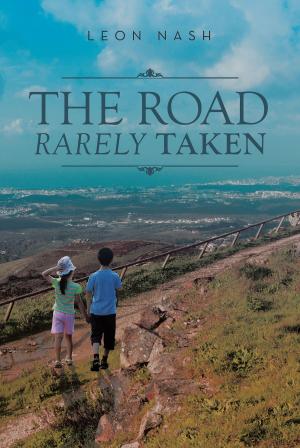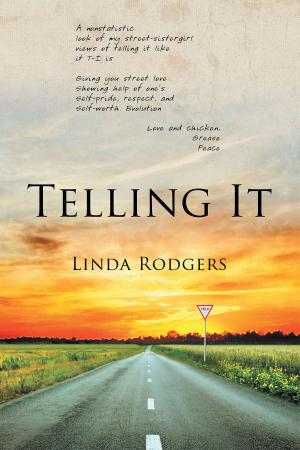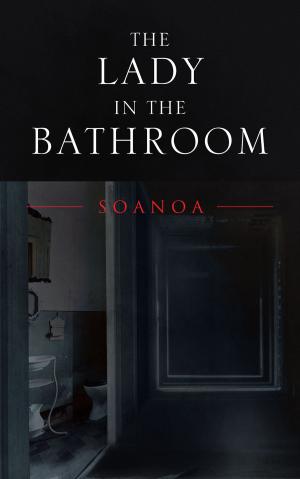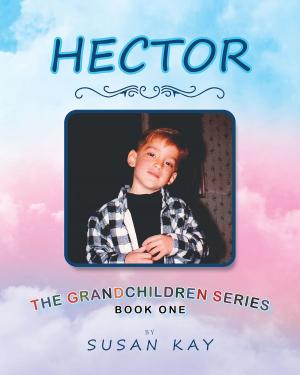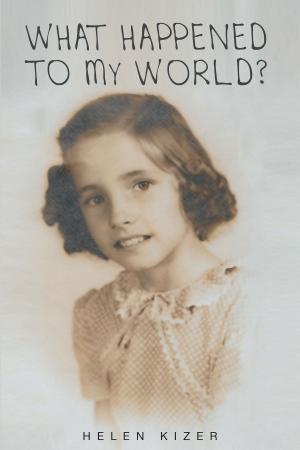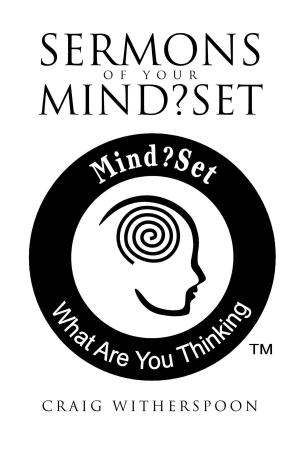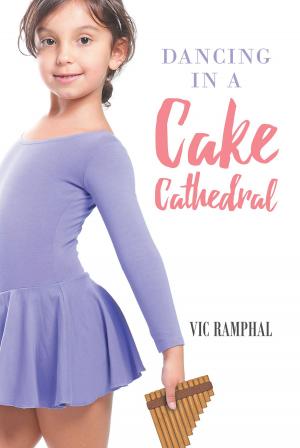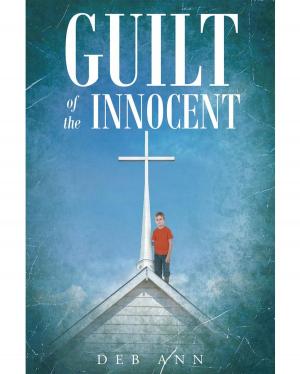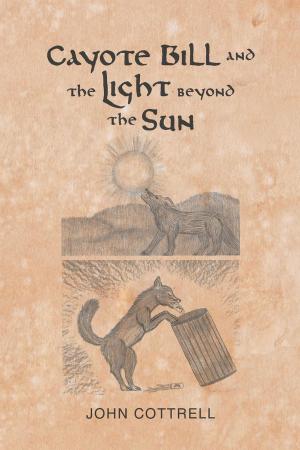| Author: | Mark L. Hopkins | ISBN: | 9781684095285 |
| Publisher: | Page Publishing, Inc. | Publication: | February 3, 2017 |
| Imprint: | Language: | English |
| Author: | Mark L. Hopkins |
| ISBN: | 9781684095285 |
| Publisher: | Page Publishing, Inc. |
| Publication: | February 3, 2017 |
| Imprint: | |
| Language: | English |
The story of Matthew Mason and his family is a story of valor in the face of overwhelming odds, of ingenuity when such was absolutely necessary for survival, of family when clinging together was a necessity for life itself. How they survived the tumult is, indeed, a story of the triumph of the human spirit.
In 1865 the Civil War was over but not the economic and social war that was waged against the people of Northern Virginia during the uneasy peace that followed. The Mason family was a part of the Quaker community that came to the Shenandoah Valley in Northern Virginia in the early 16th century. They were there before the United States was born, even before Virginia was a state. They were an extension of the historic Mason family that was instrumental in the founding, not only of their state but of the United States of America. As pacifists they were not a part of the Civil War that had ravaged their valley for five disastrous years. Despite using their Hopewell Meeting House for a hospital for Union and Confederate soldiers alike, they were held accountable for the war by the Union administration just like the rest of the Old South. Their taxes were ten times what they were before the war, even though their confederate dollars were worthless and the banks were closed. The “Carpetbaggers,” Northerners who saw an opportunity to get rich on the misery of the defeated South, came in droves to take their farms if they couldn’t raise the money to pay the taxes. To this turmoil came the Ku Klux Klan attempting to insert itself into every aspect of life with their burning crosses and their constant threats to the people, both black and white.
Avoiding conflict had become a way of life for the Mason family and the other Quaker families who lived together North of Winchester, Virginia while the Civil War had raged around them. In the years following the shooting war another war raged, one just as devastating, and just as life changing. It was one they had to win.
The story of Matthew Mason and his family is a story of valor in the face of overwhelming odds, of ingenuity when such was absolutely necessary for survival, of family when clinging together was a necessity for life itself. How they survived the tumult is, indeed, a story of the triumph of the human spirit.
In 1865 the Civil War was over but not the economic and social war that was waged against the people of Northern Virginia during the uneasy peace that followed. The Mason family was a part of the Quaker community that came to the Shenandoah Valley in Northern Virginia in the early 16th century. They were there before the United States was born, even before Virginia was a state. They were an extension of the historic Mason family that was instrumental in the founding, not only of their state but of the United States of America. As pacifists they were not a part of the Civil War that had ravaged their valley for five disastrous years. Despite using their Hopewell Meeting House for a hospital for Union and Confederate soldiers alike, they were held accountable for the war by the Union administration just like the rest of the Old South. Their taxes were ten times what they were before the war, even though their confederate dollars were worthless and the banks were closed. The “Carpetbaggers,” Northerners who saw an opportunity to get rich on the misery of the defeated South, came in droves to take their farms if they couldn’t raise the money to pay the taxes. To this turmoil came the Ku Klux Klan attempting to insert itself into every aspect of life with their burning crosses and their constant threats to the people, both black and white.
Avoiding conflict had become a way of life for the Mason family and the other Quaker families who lived together North of Winchester, Virginia while the Civil War had raged around them. In the years following the shooting war another war raged, one just as devastating, and just as life changing. It was one they had to win.
